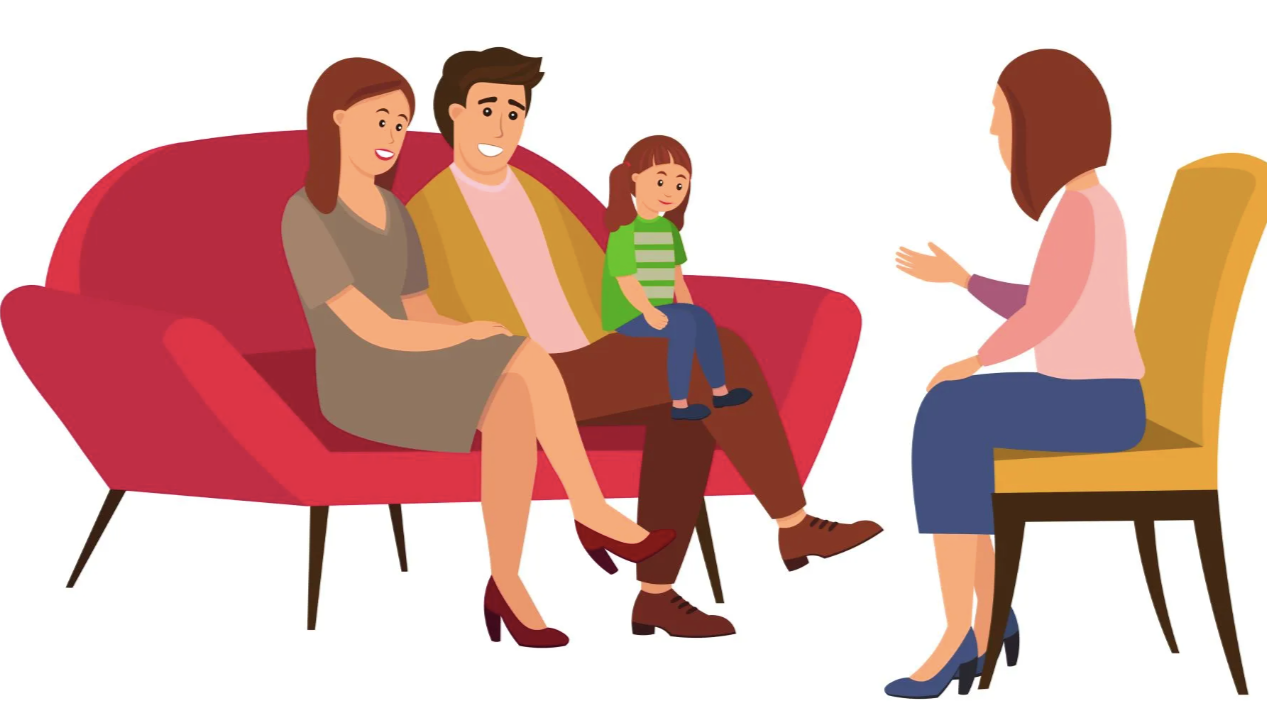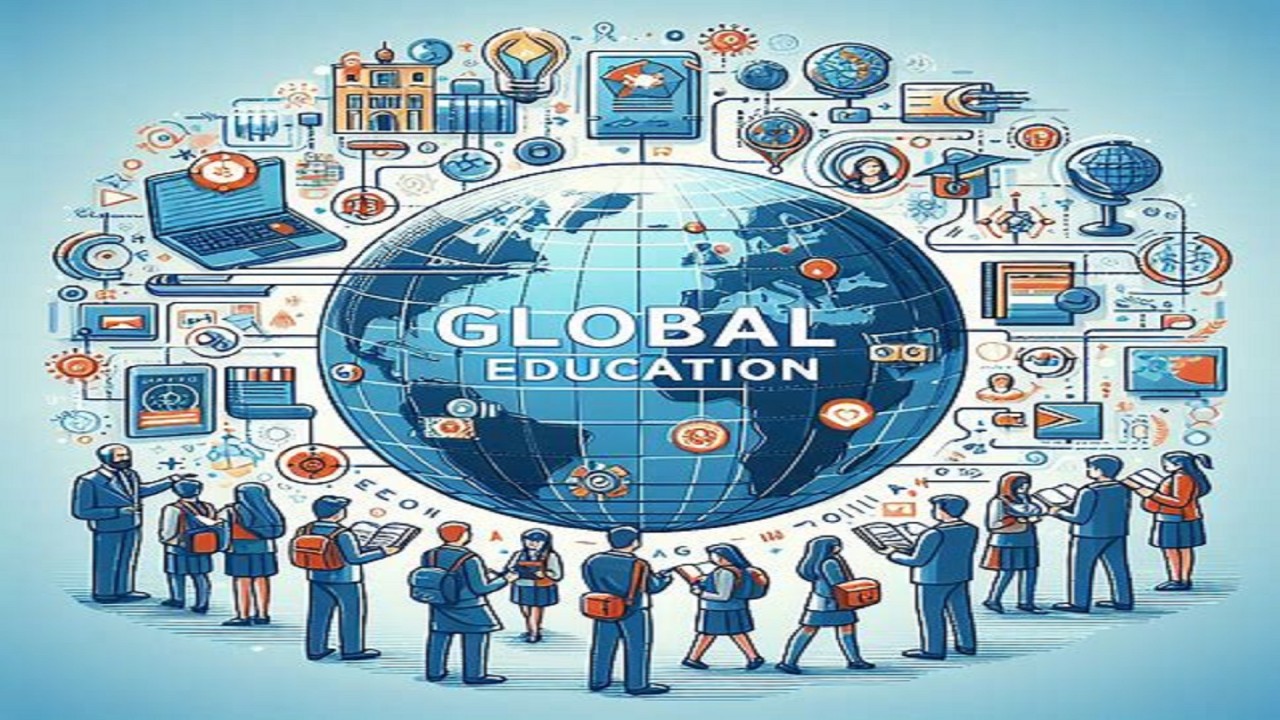
For far too long, education has been equated
with marks, ranks, and degrees. But in recent years, the conversation around
learning has begun to shift — and rightfully so. Education today is no longer
just about securing grades; it's about nurturing potential, building
resilience, and shaping individuals who can thrive in a constantly changing
world.
The modern learner needs more than textbook
knowledge. They need critical thinking, empathy, adaptability, and the ability
to learn — and unlearn — as needed. Schools and educators are now being called
upon to create environments that inspire curiosity rather than compliance.
This shift is visible globally. Progressive
schools are adopting interdisciplinary teaching, encouraging project-based
learning, and focusing on emotional well-being. Student mental health, once a
taboo subject, is now being prioritized alongside academics. Education systems
are slowly embracing the idea that confidence, communication skills, and
creativity are just as crucial as calculus or chemistry.
Parental involvement has also evolved. Instead
of asking, "What did you score?" the new question is, "What did
you learn?" It’s a welcome change that reflects a deeper understanding of
what education should be — a support system, not a stressor.
Of course, there are gaps that remain —
inequities in access, outdated syllabi in many regions, and examination-centric
pressures. But change is happening. Technology, teacher training, and global
collaboration are helping bridge these gaps, pushing education forward.
At its core, true education empowers learners
to understand themselves and the world around them. It doesn’t just prepare
them for a job — it prepares them for life.

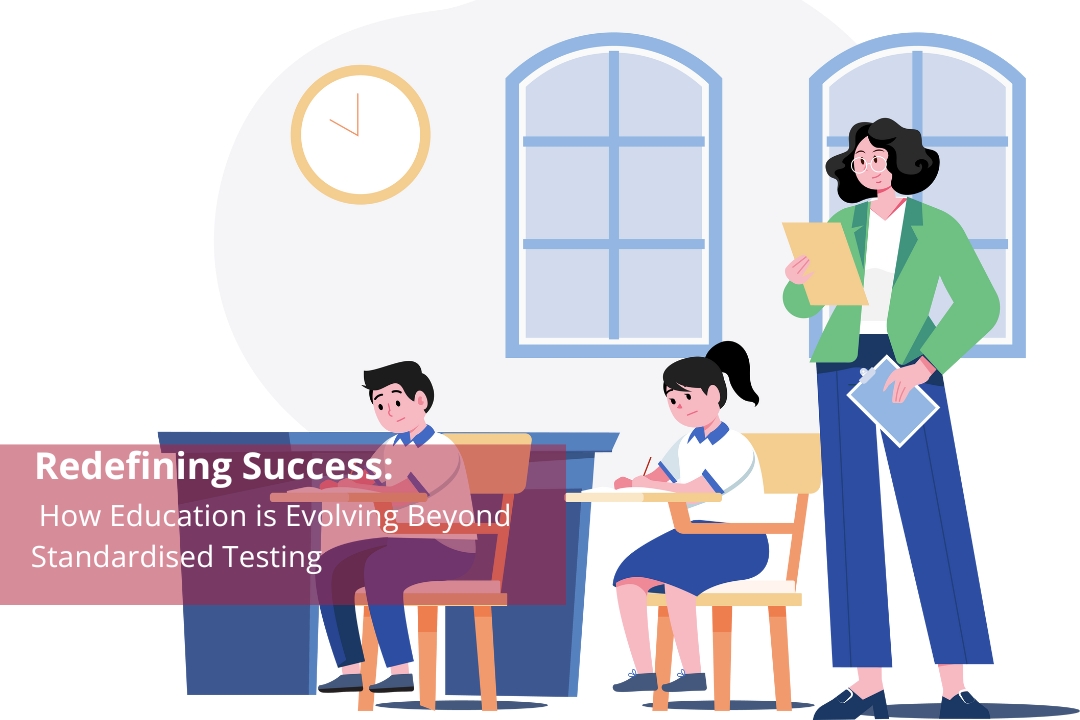
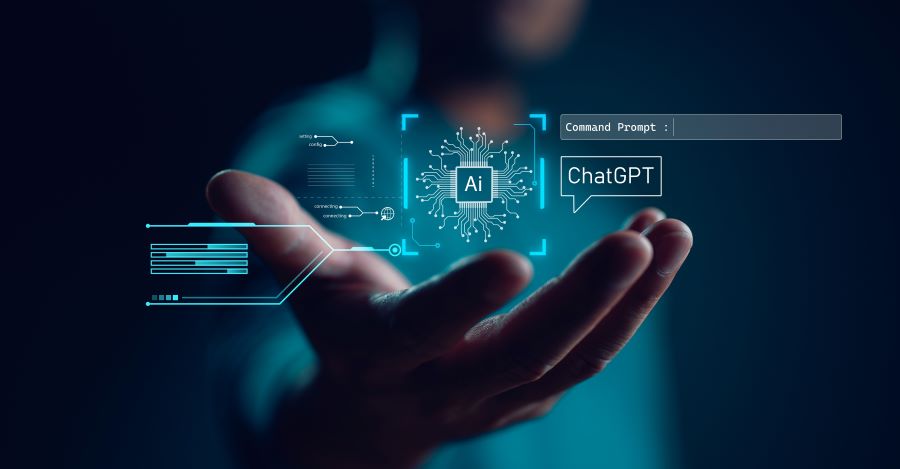

.jpg)

.png)

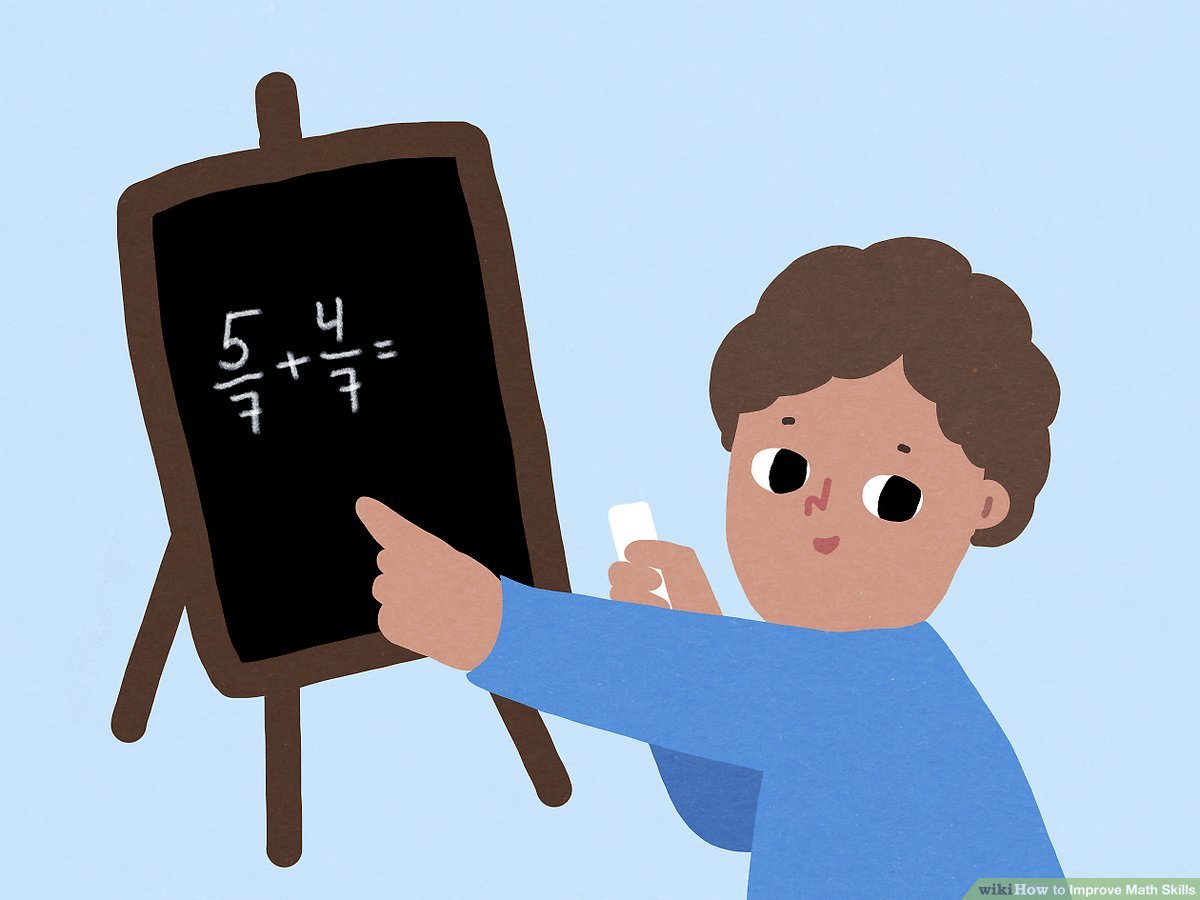
.jpg)


